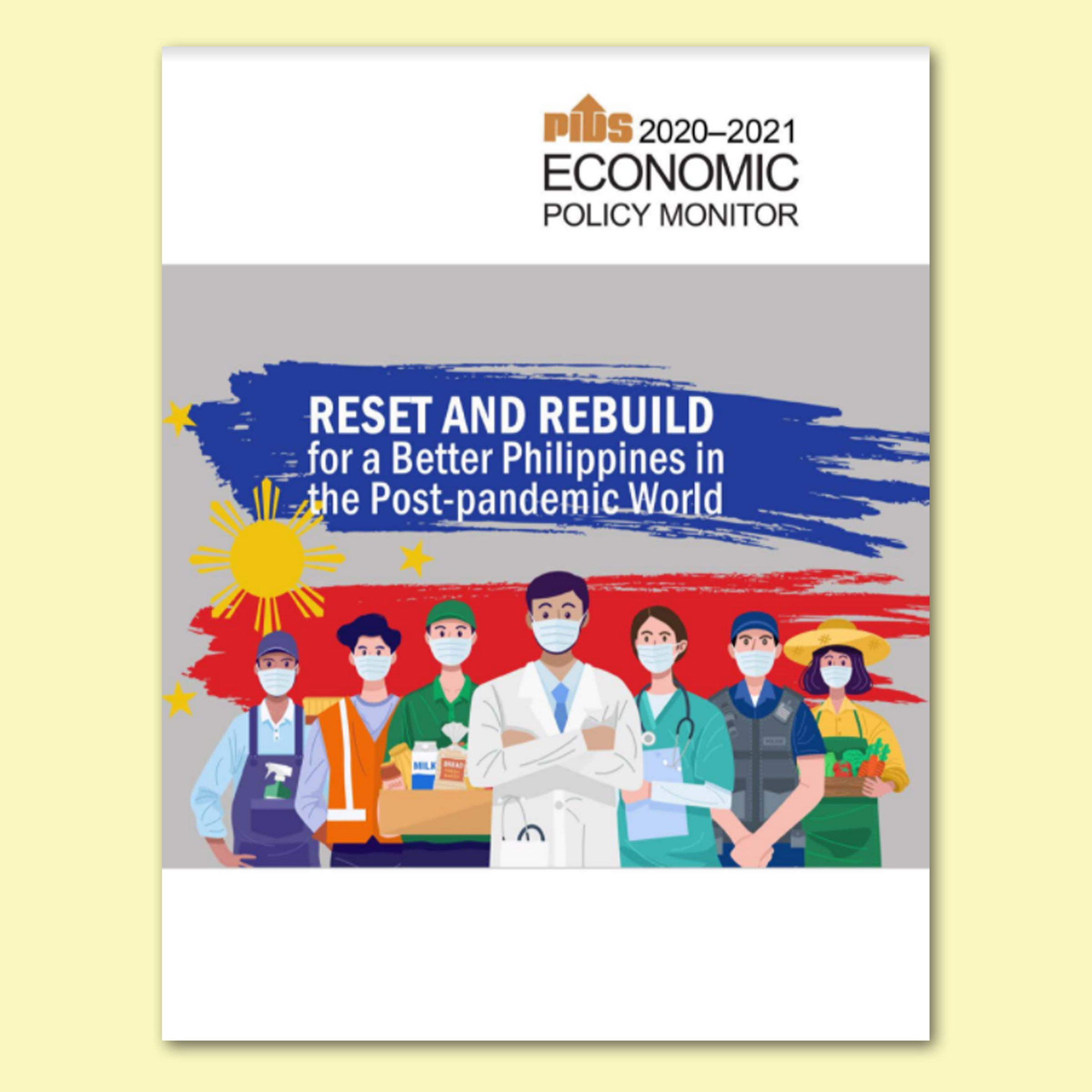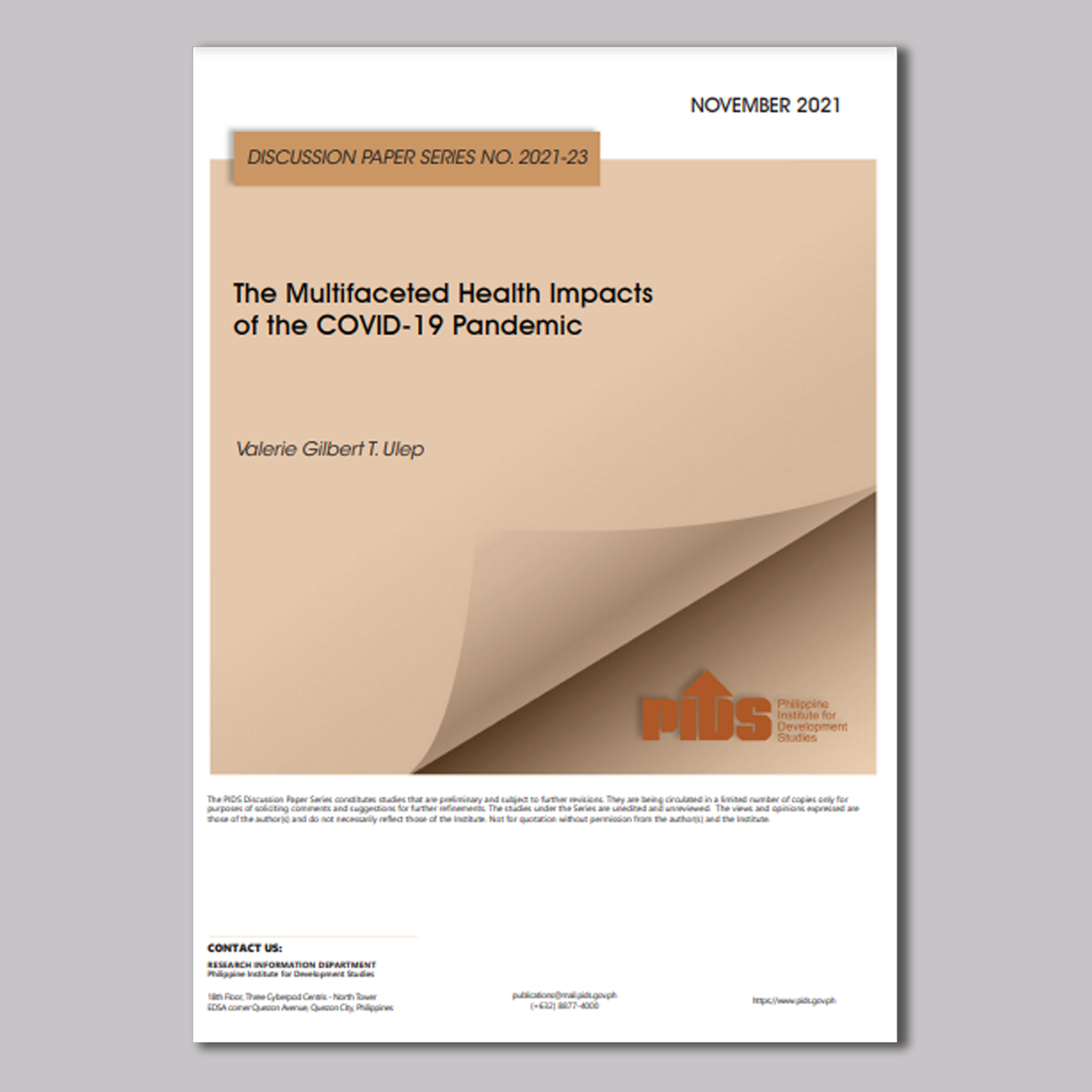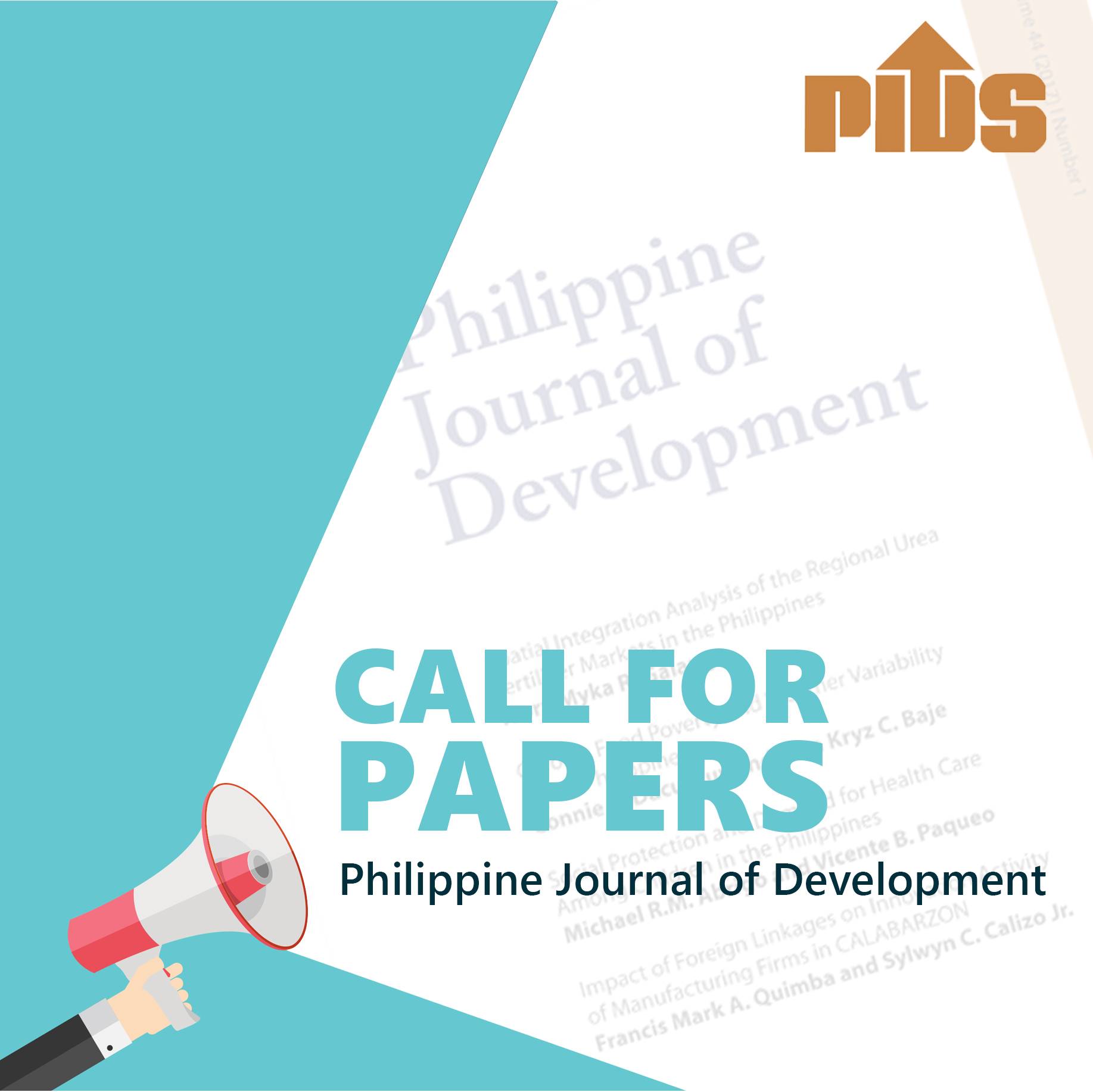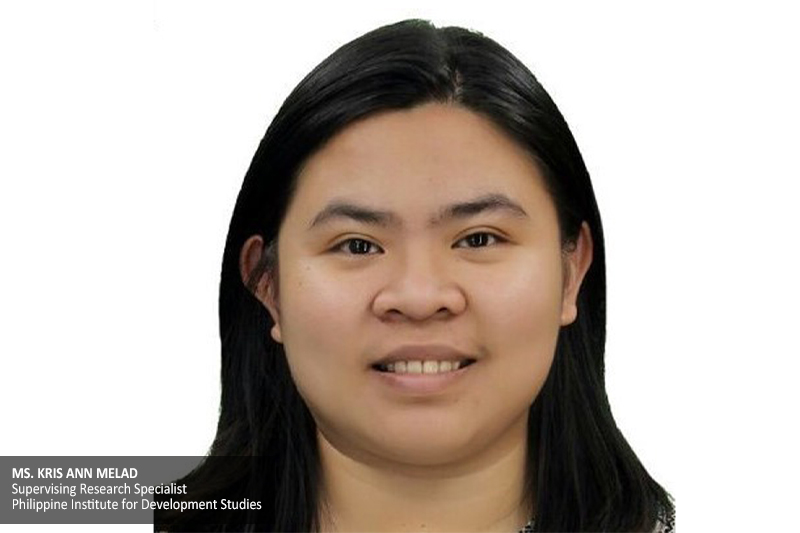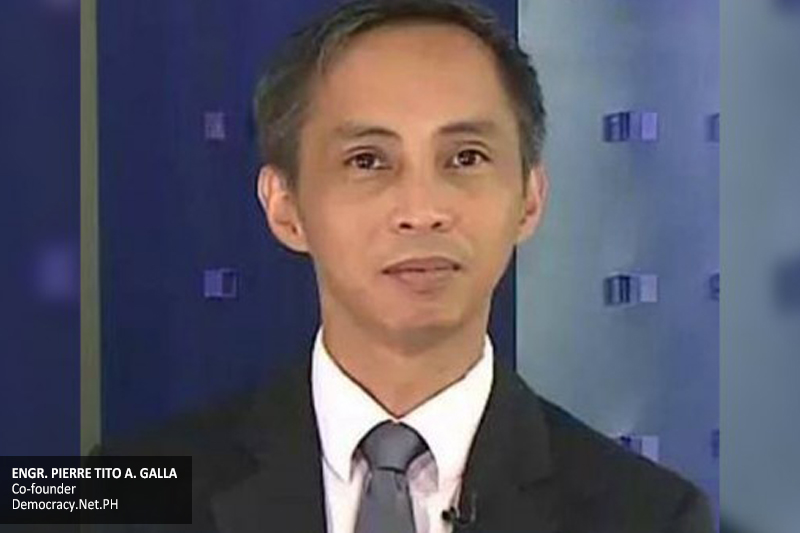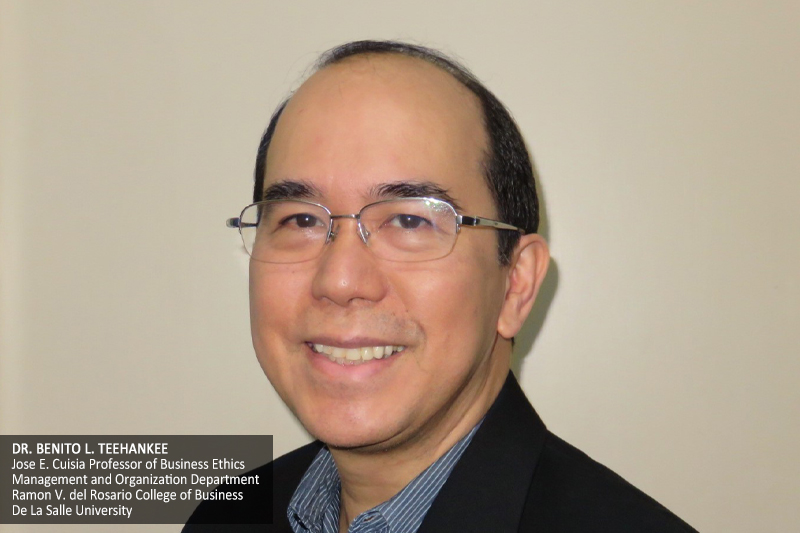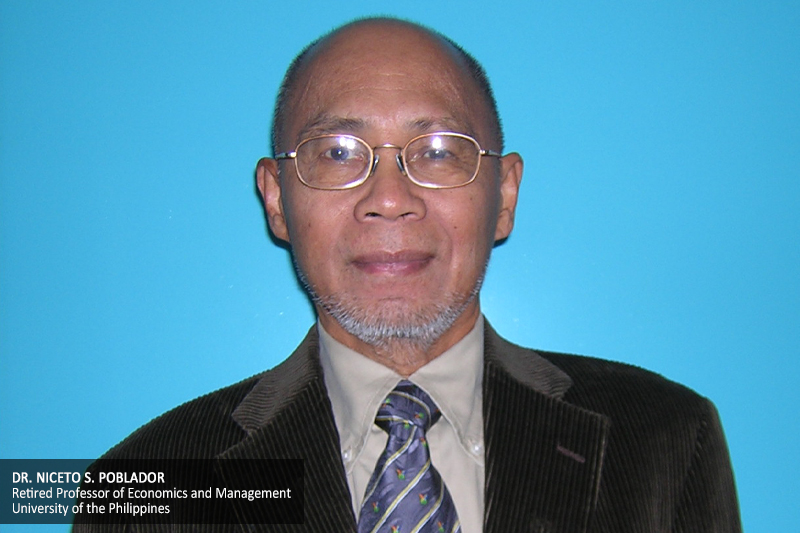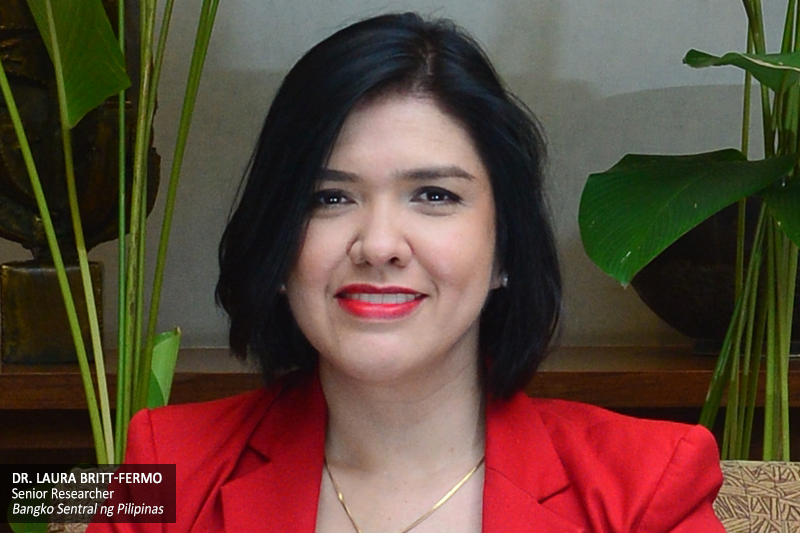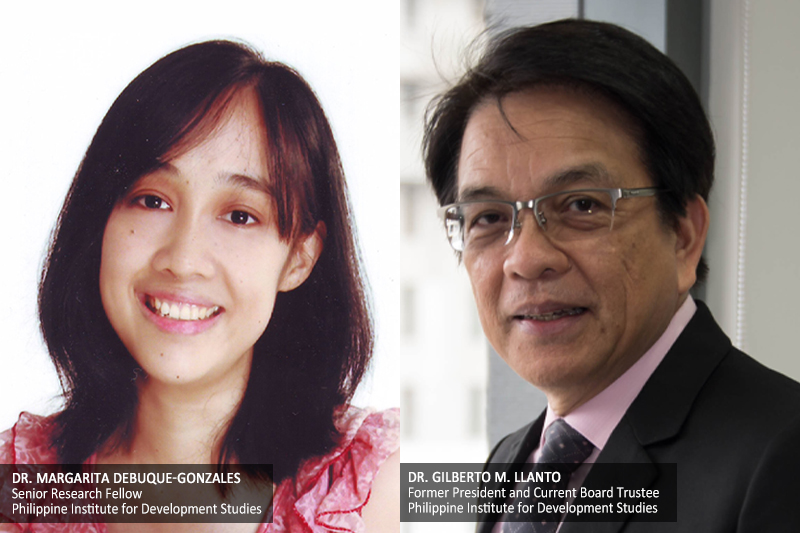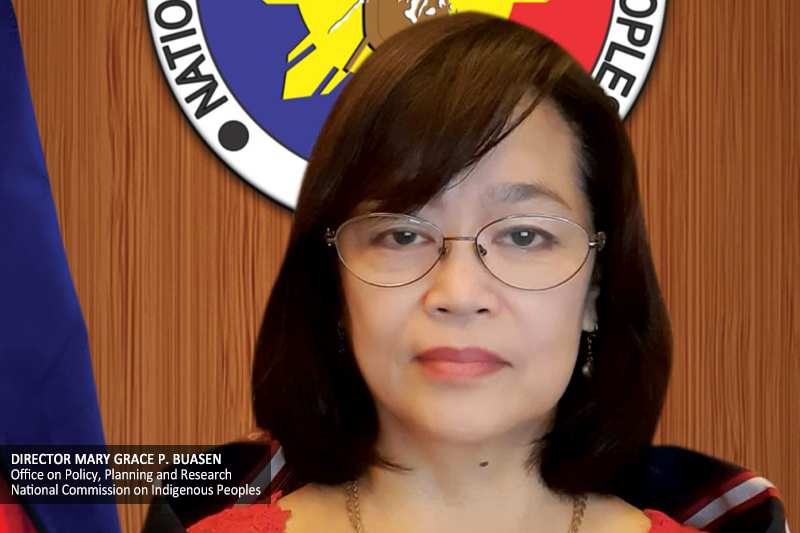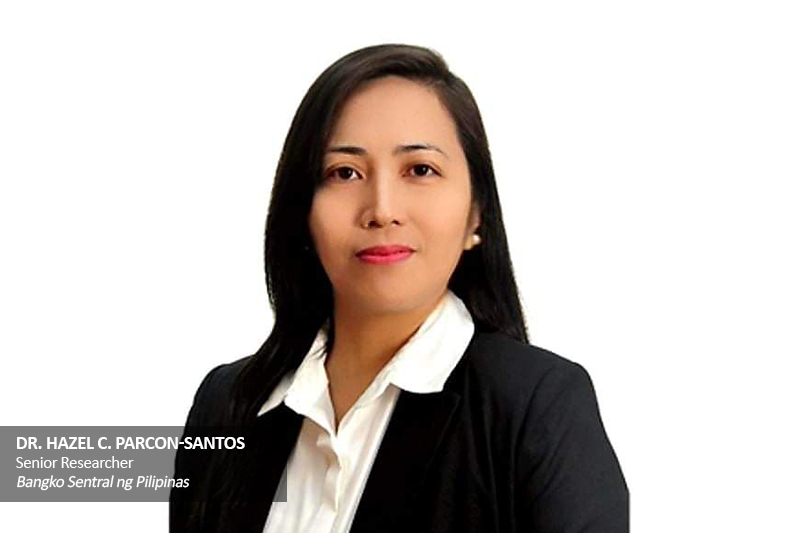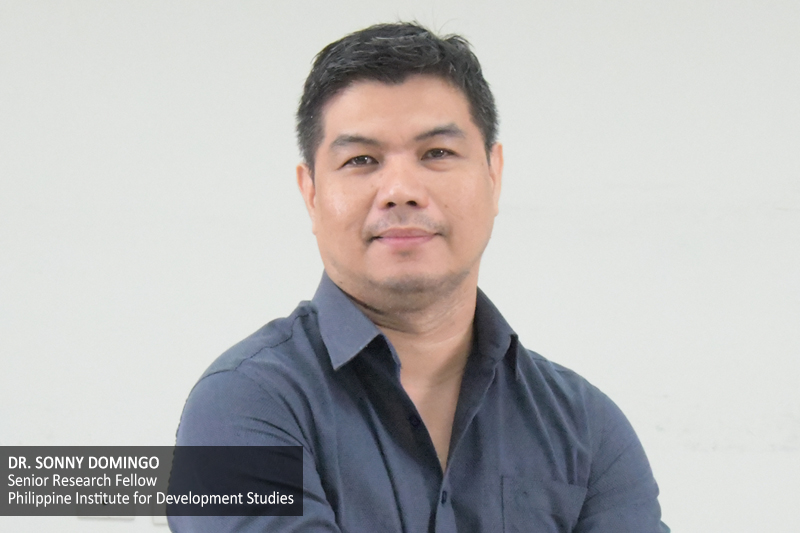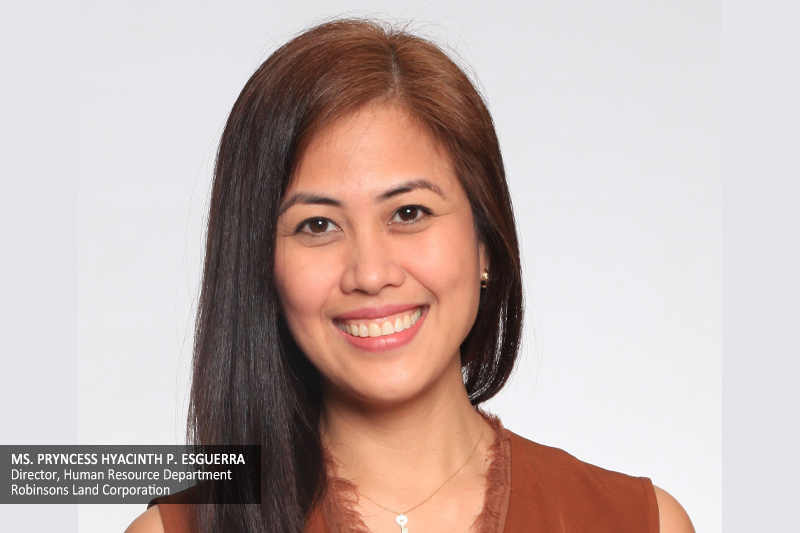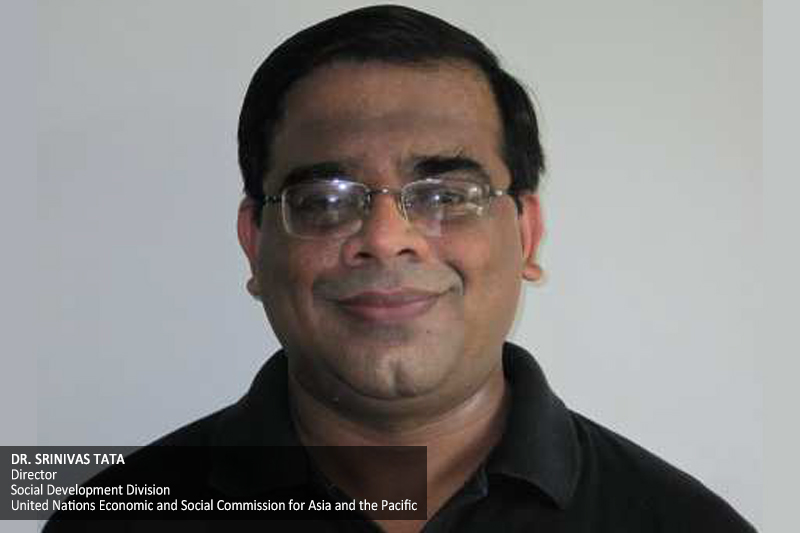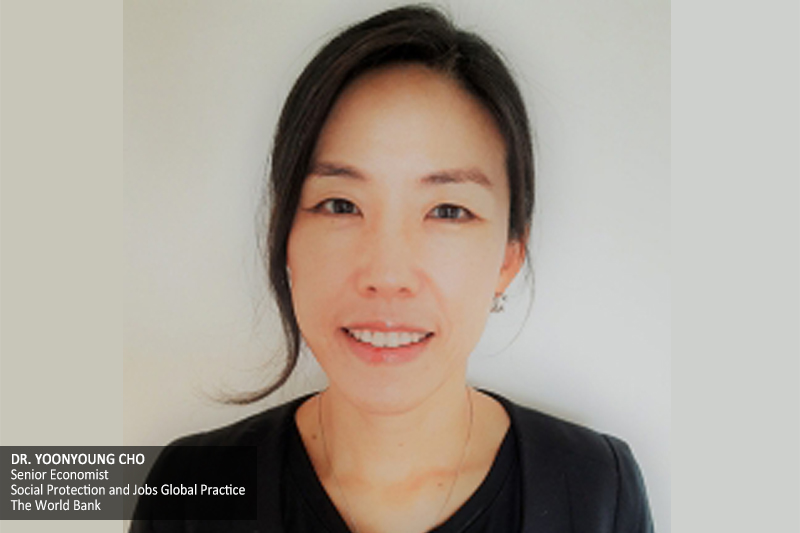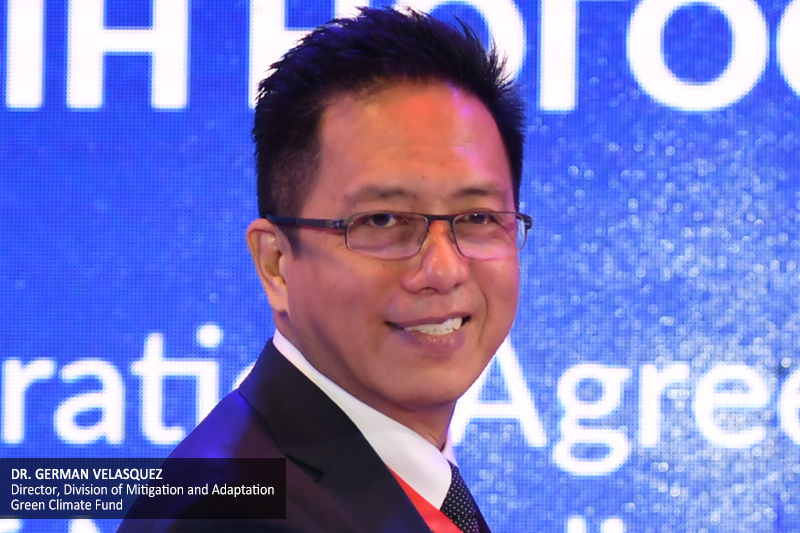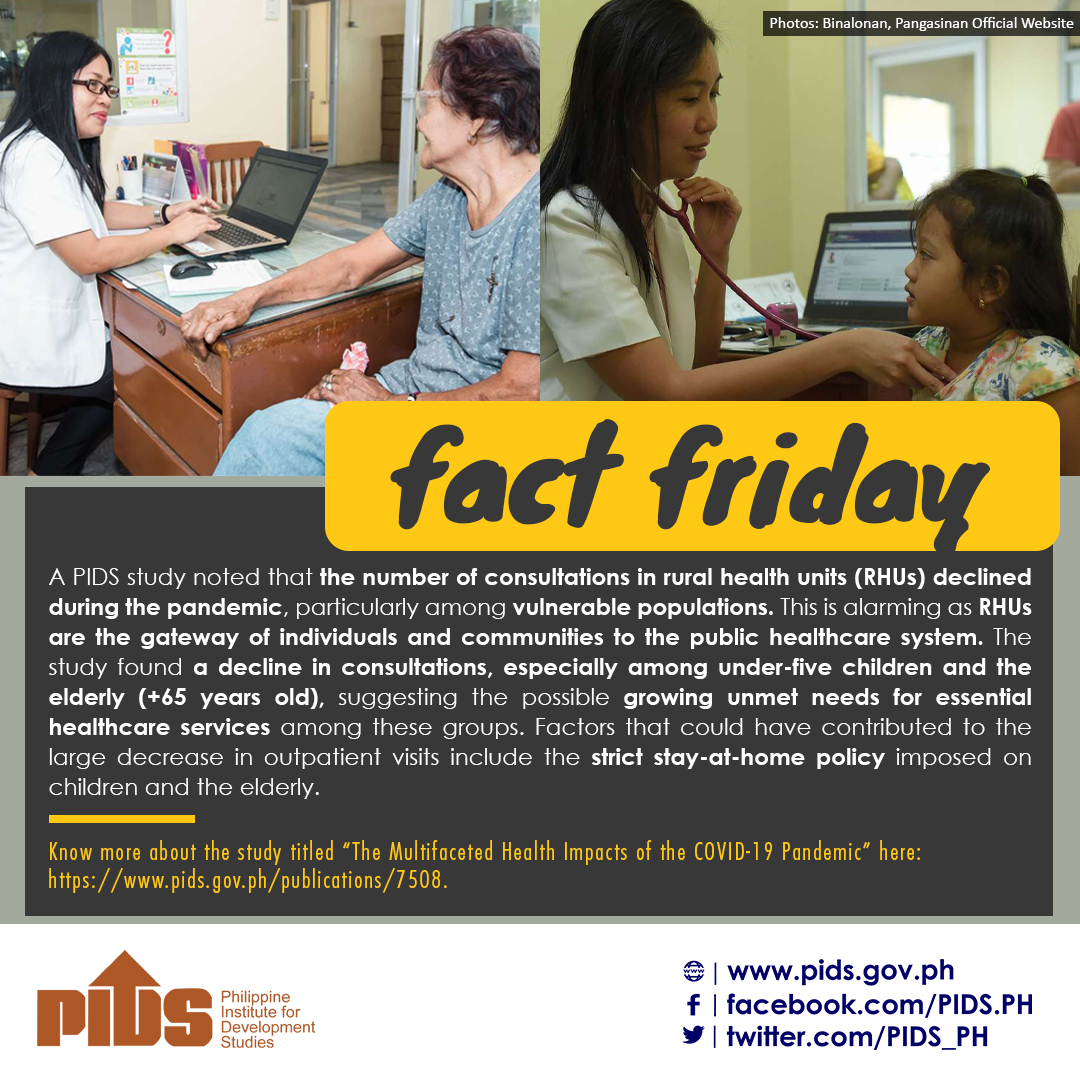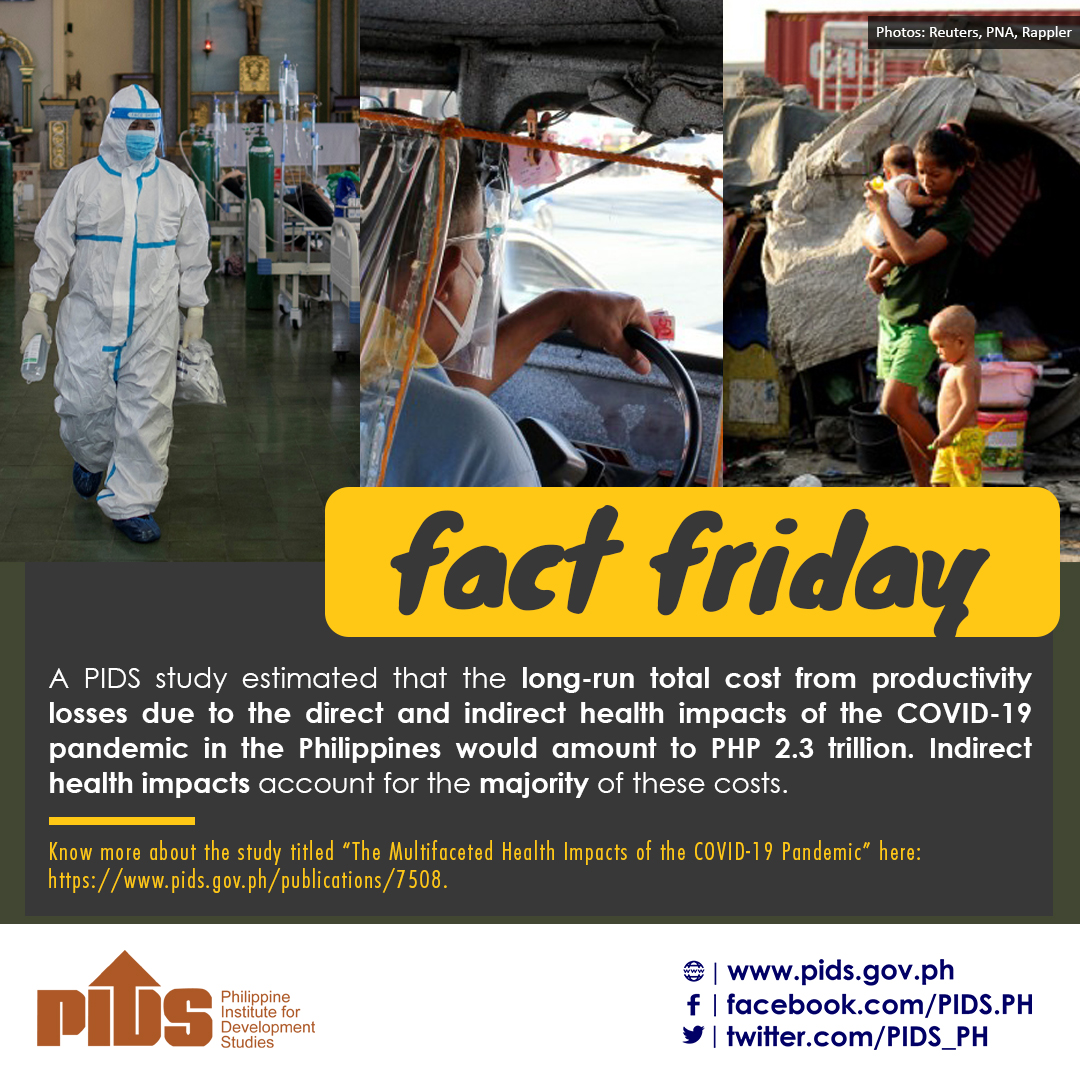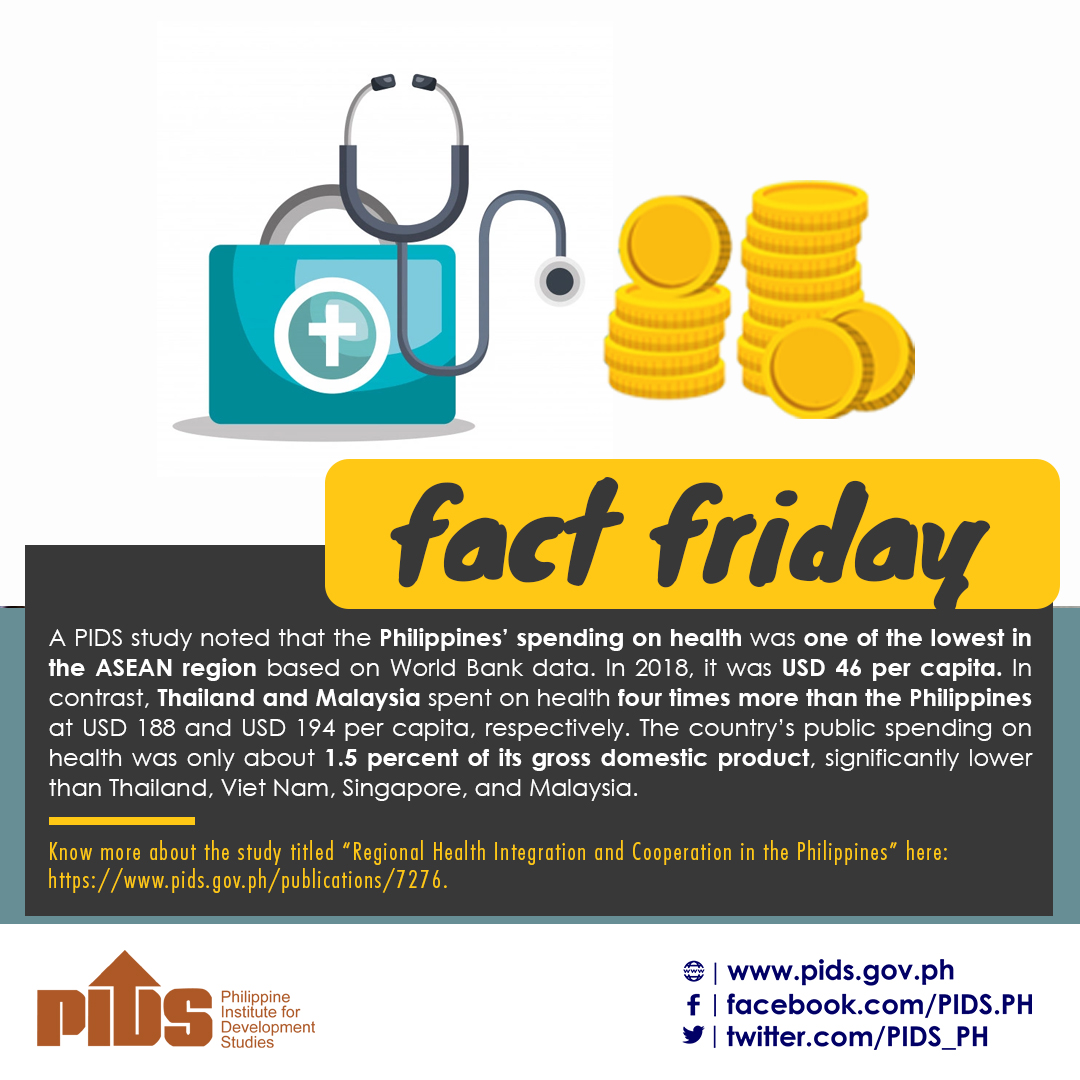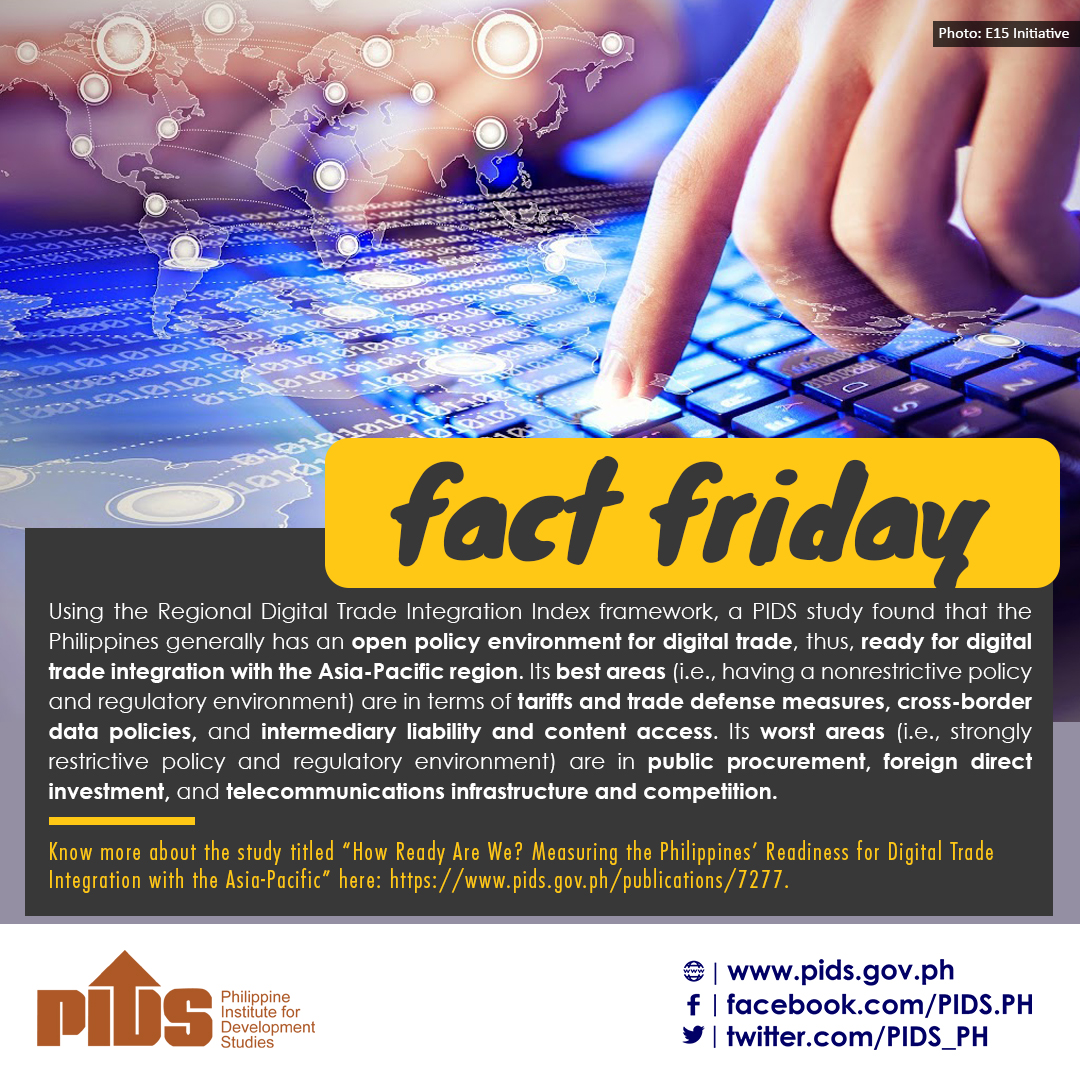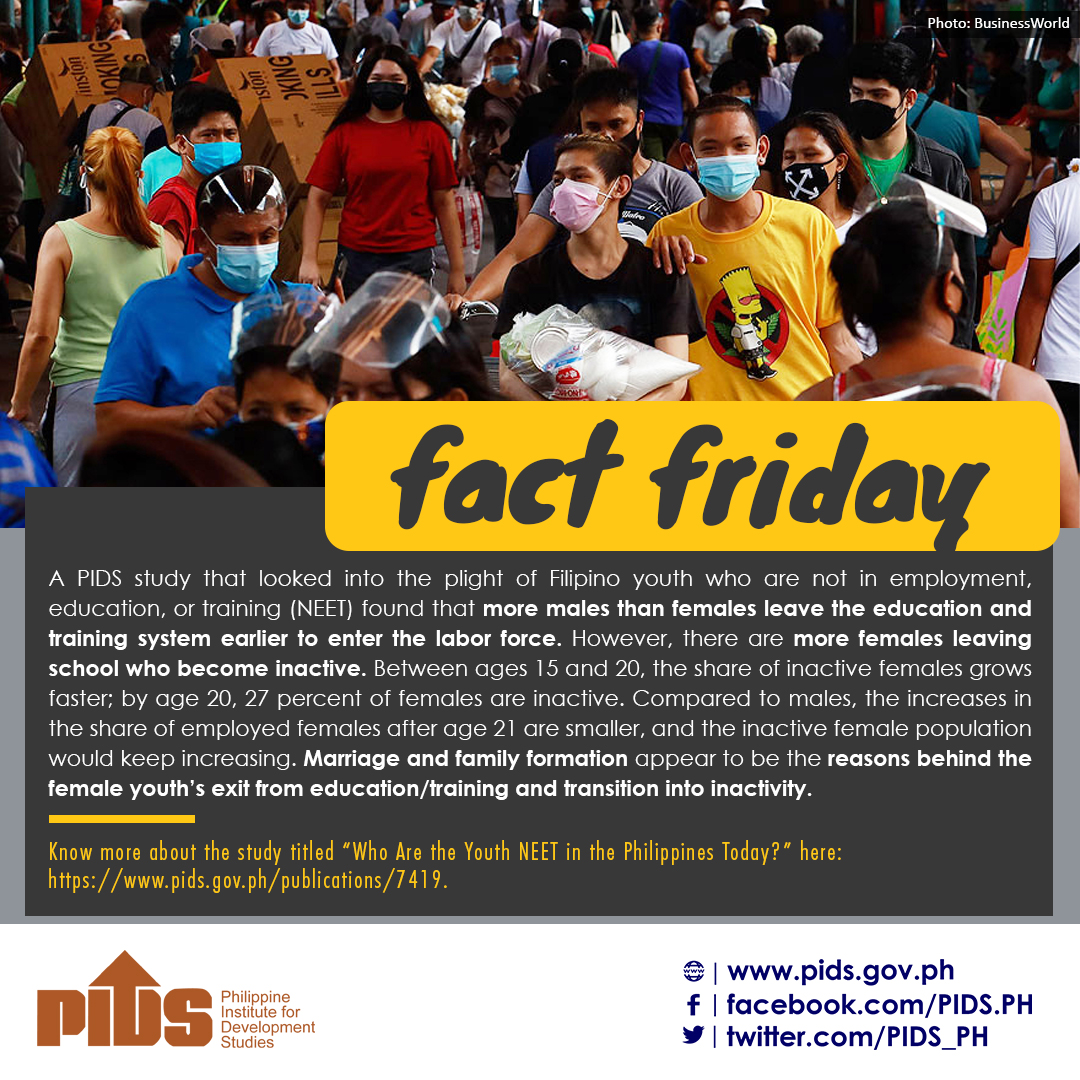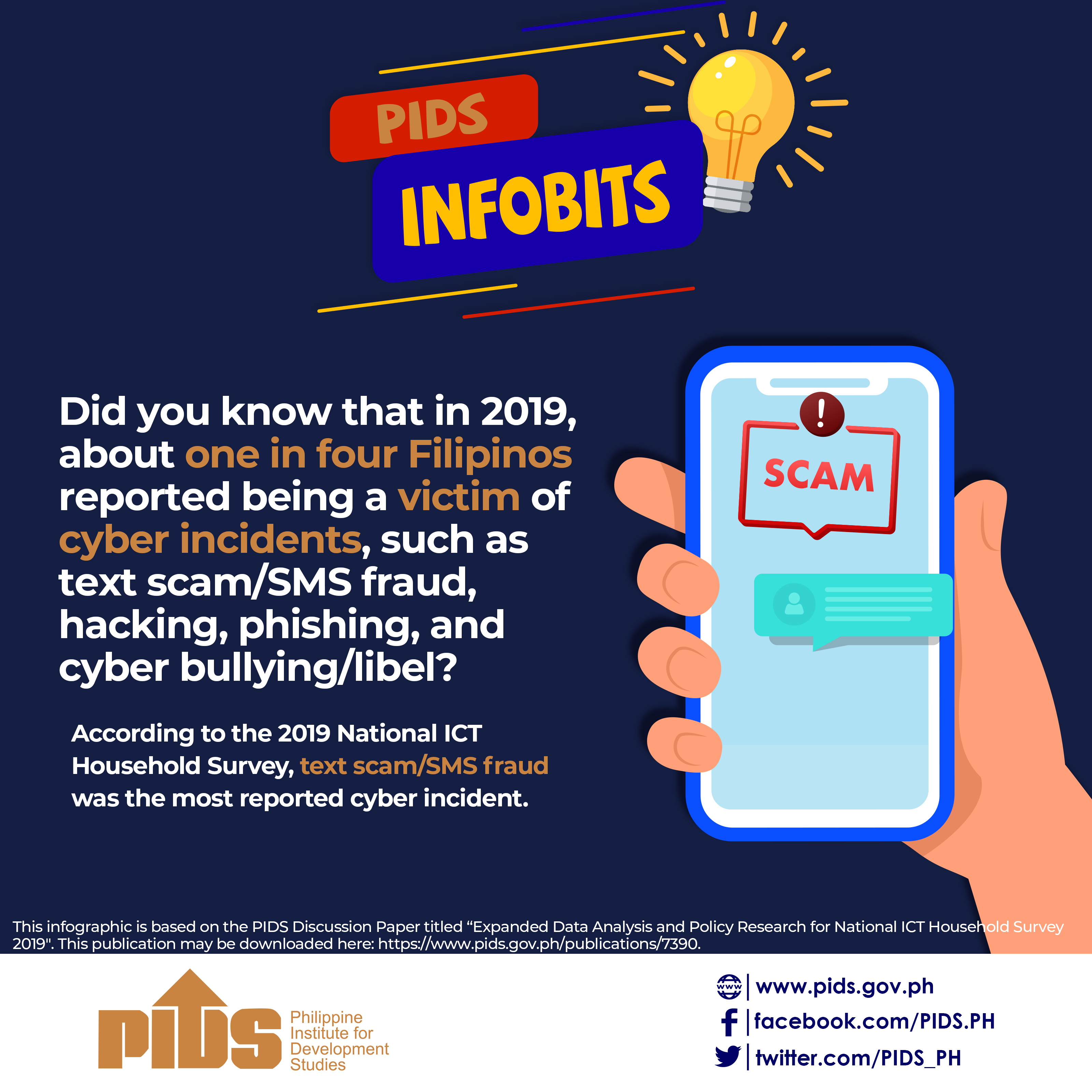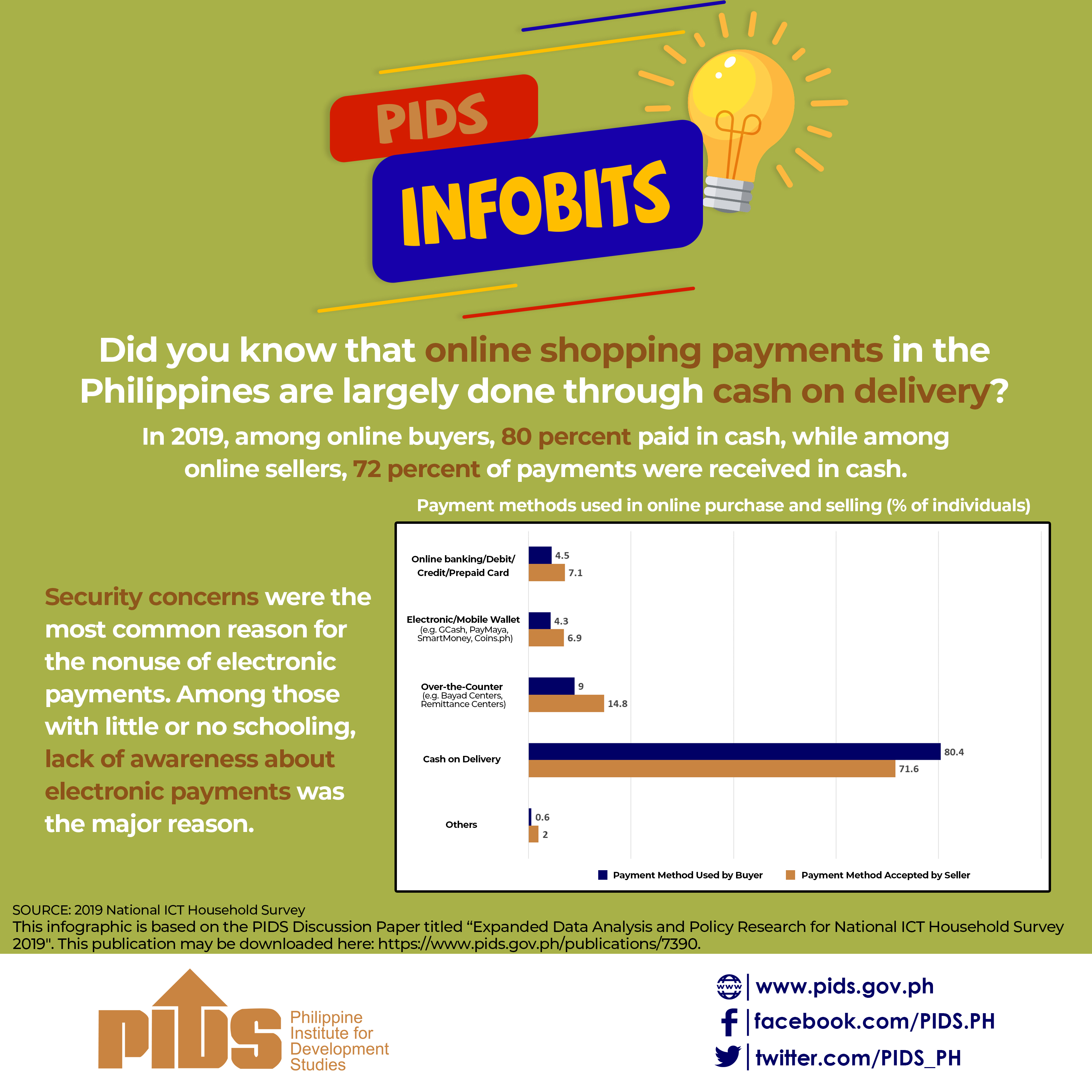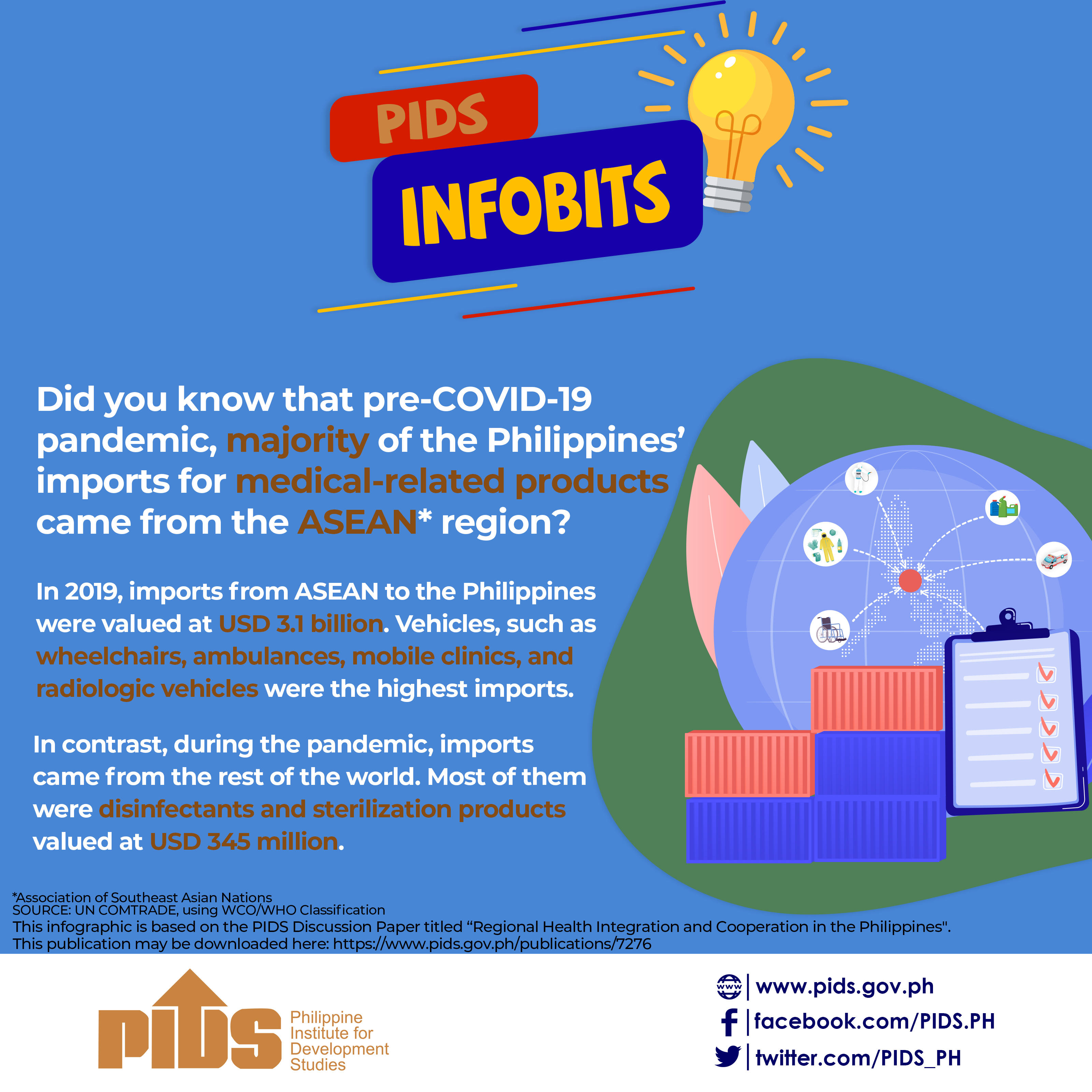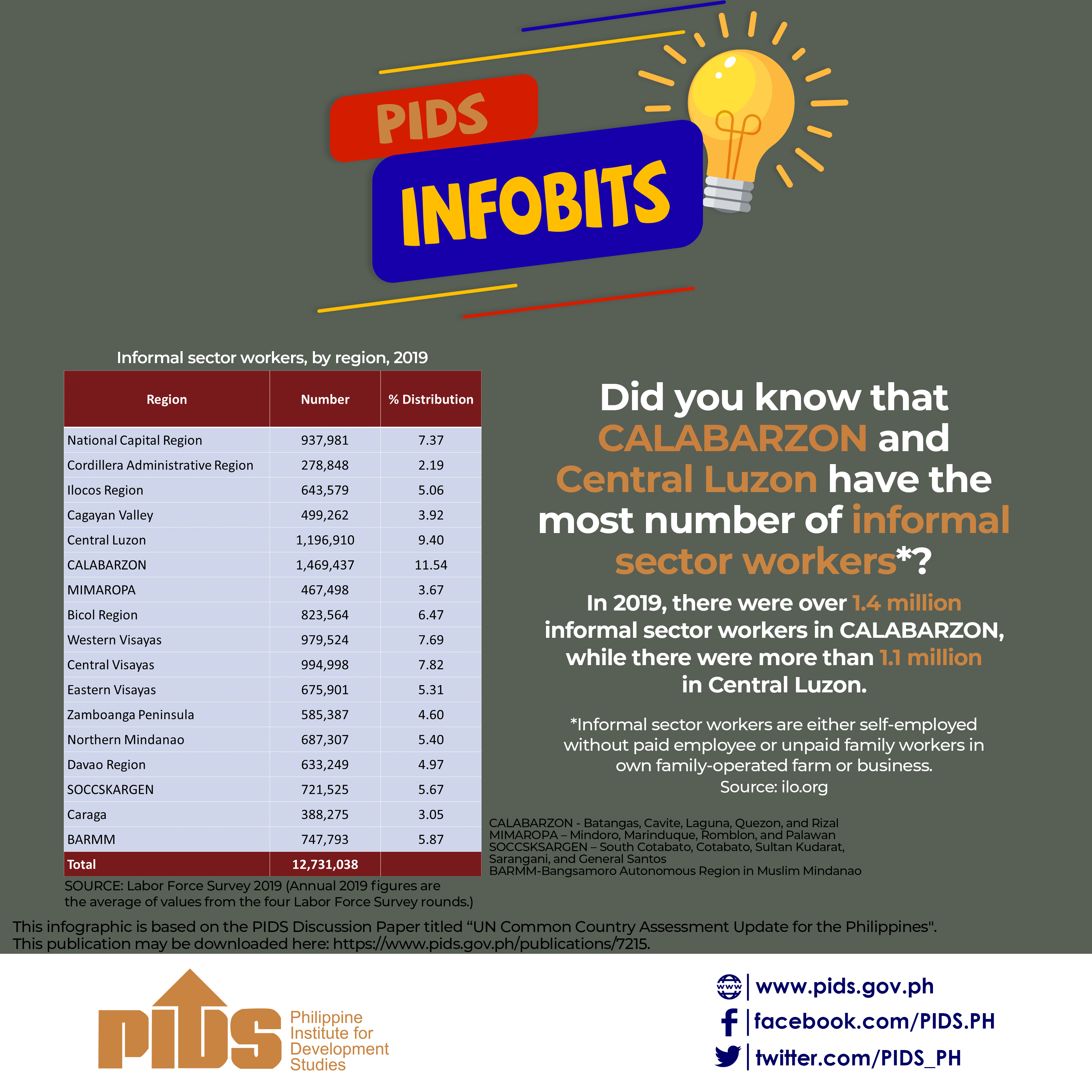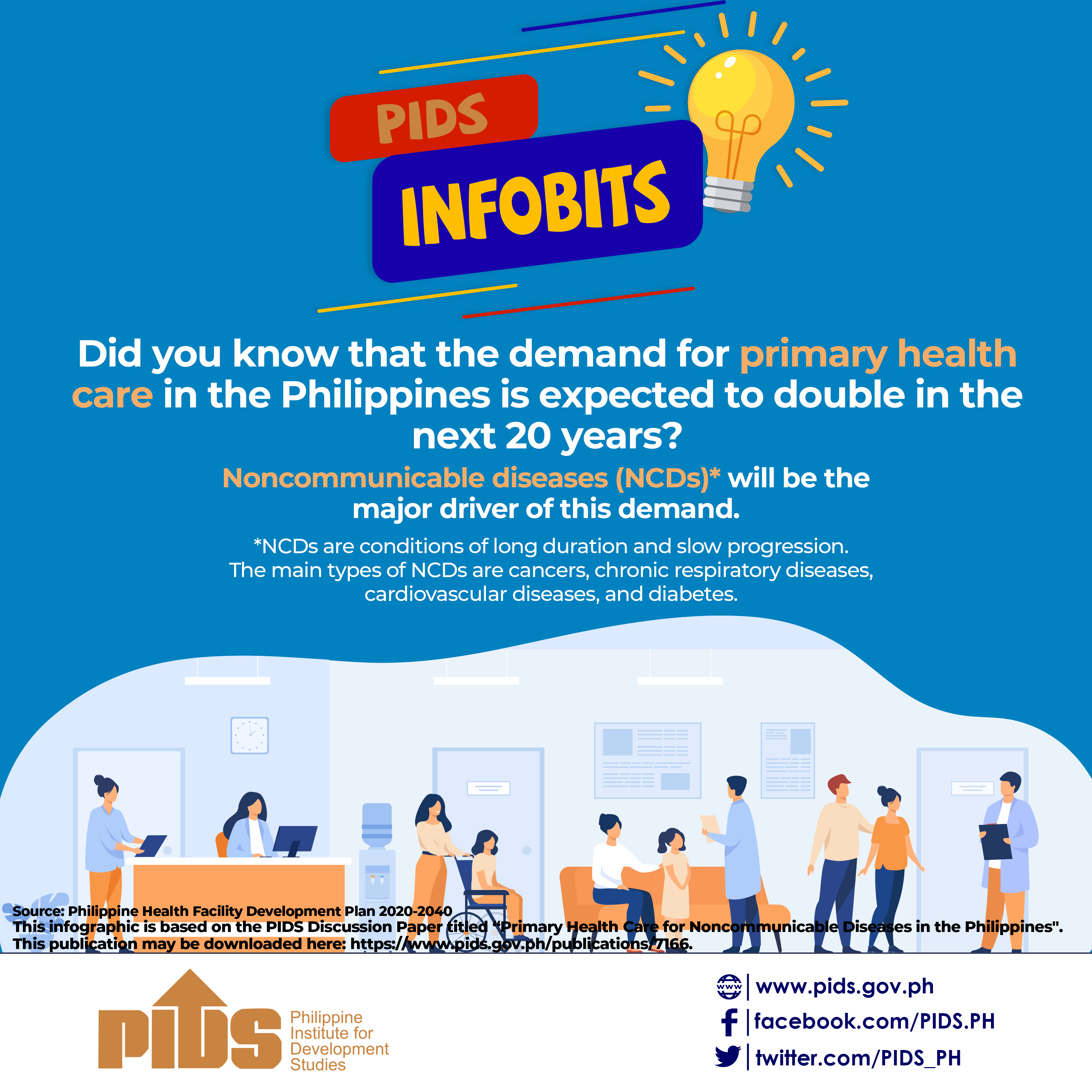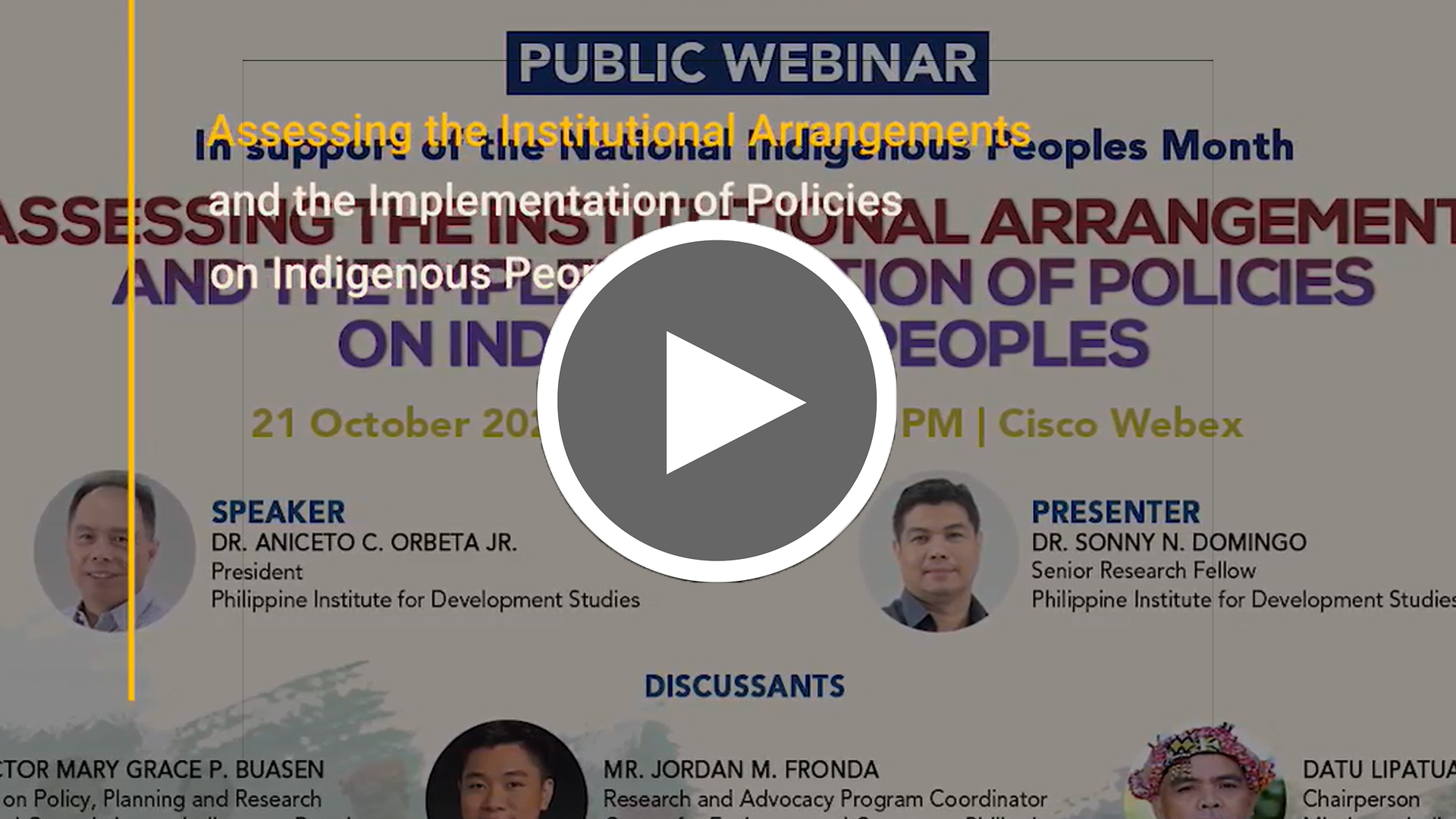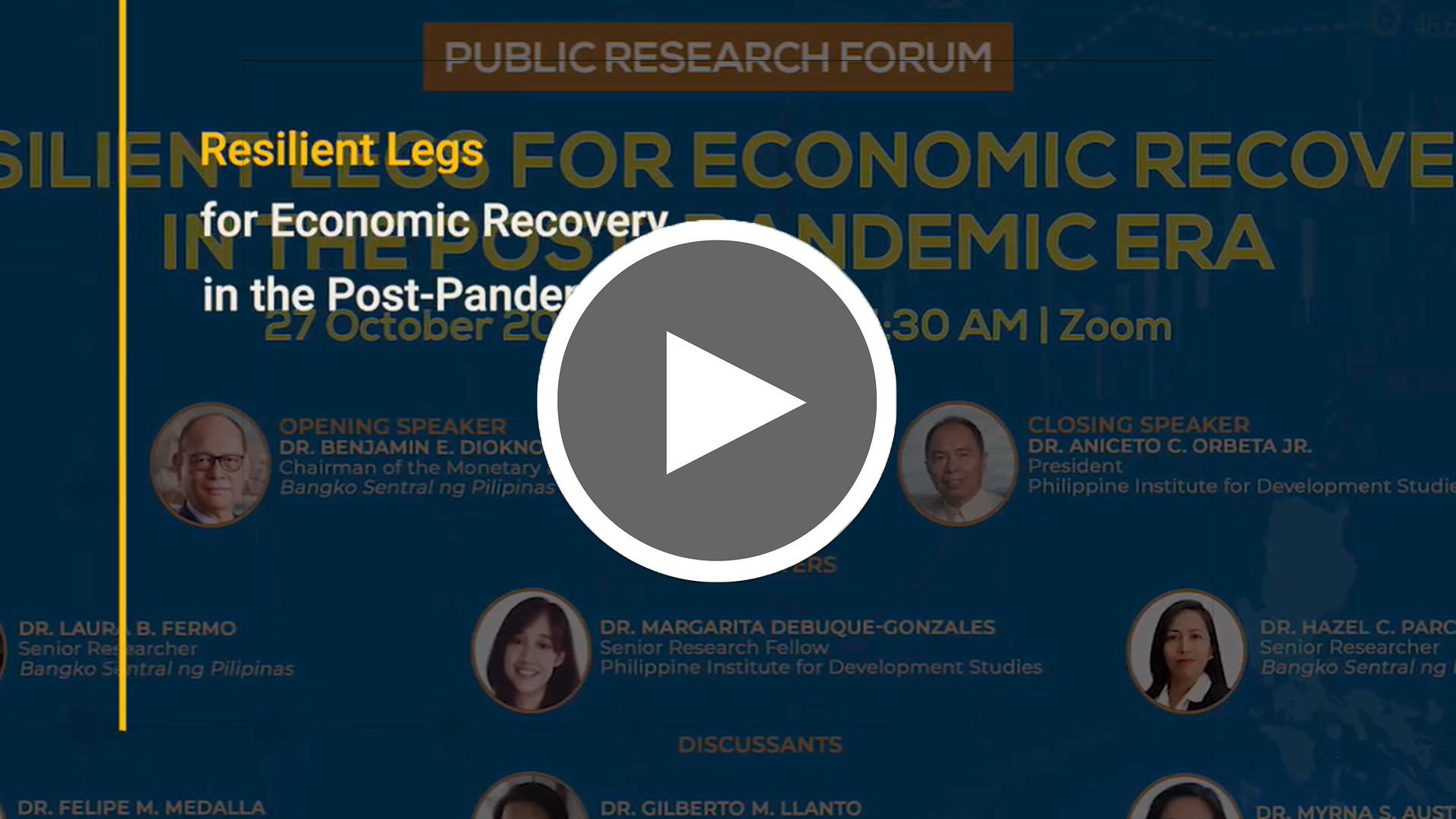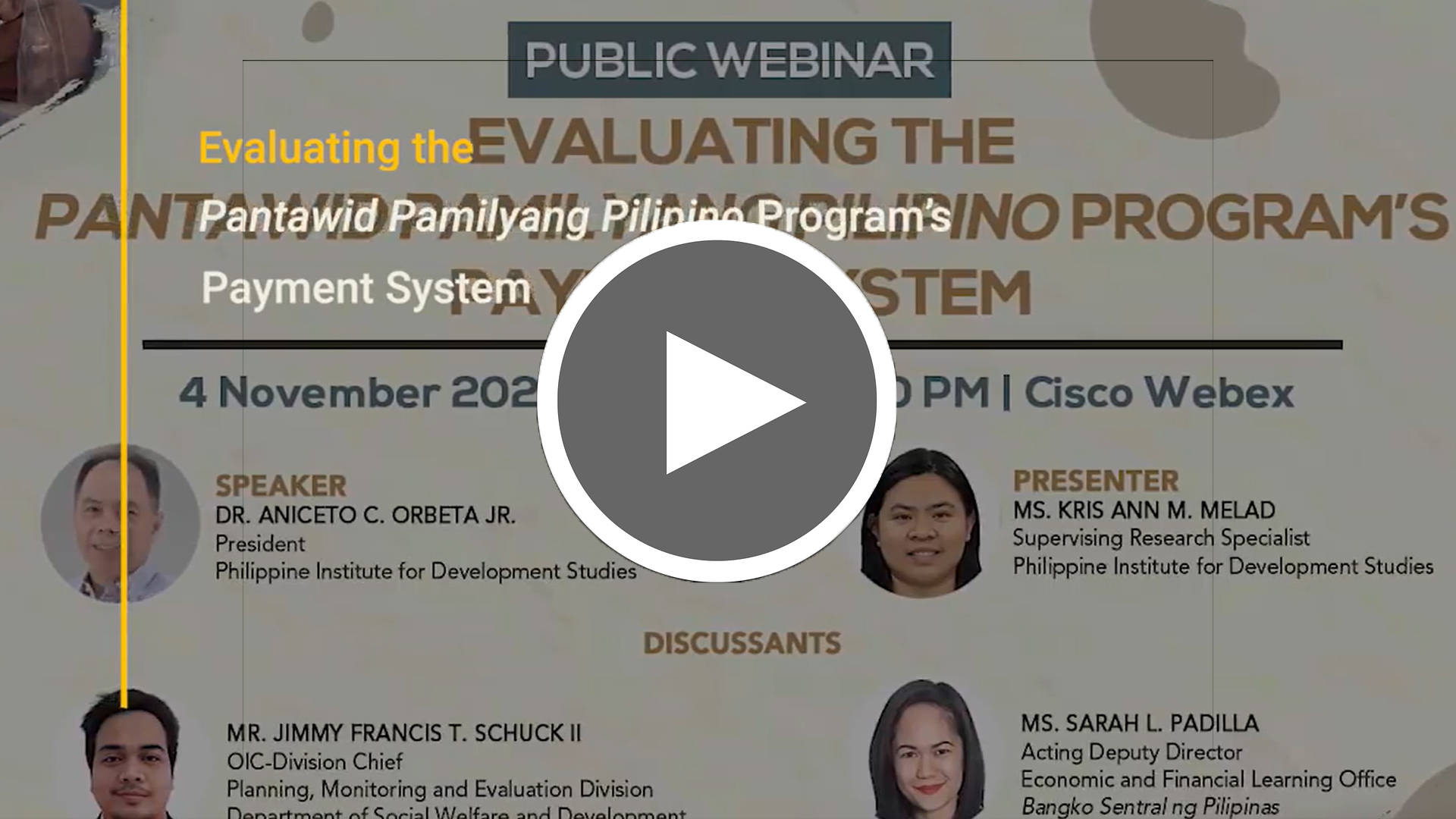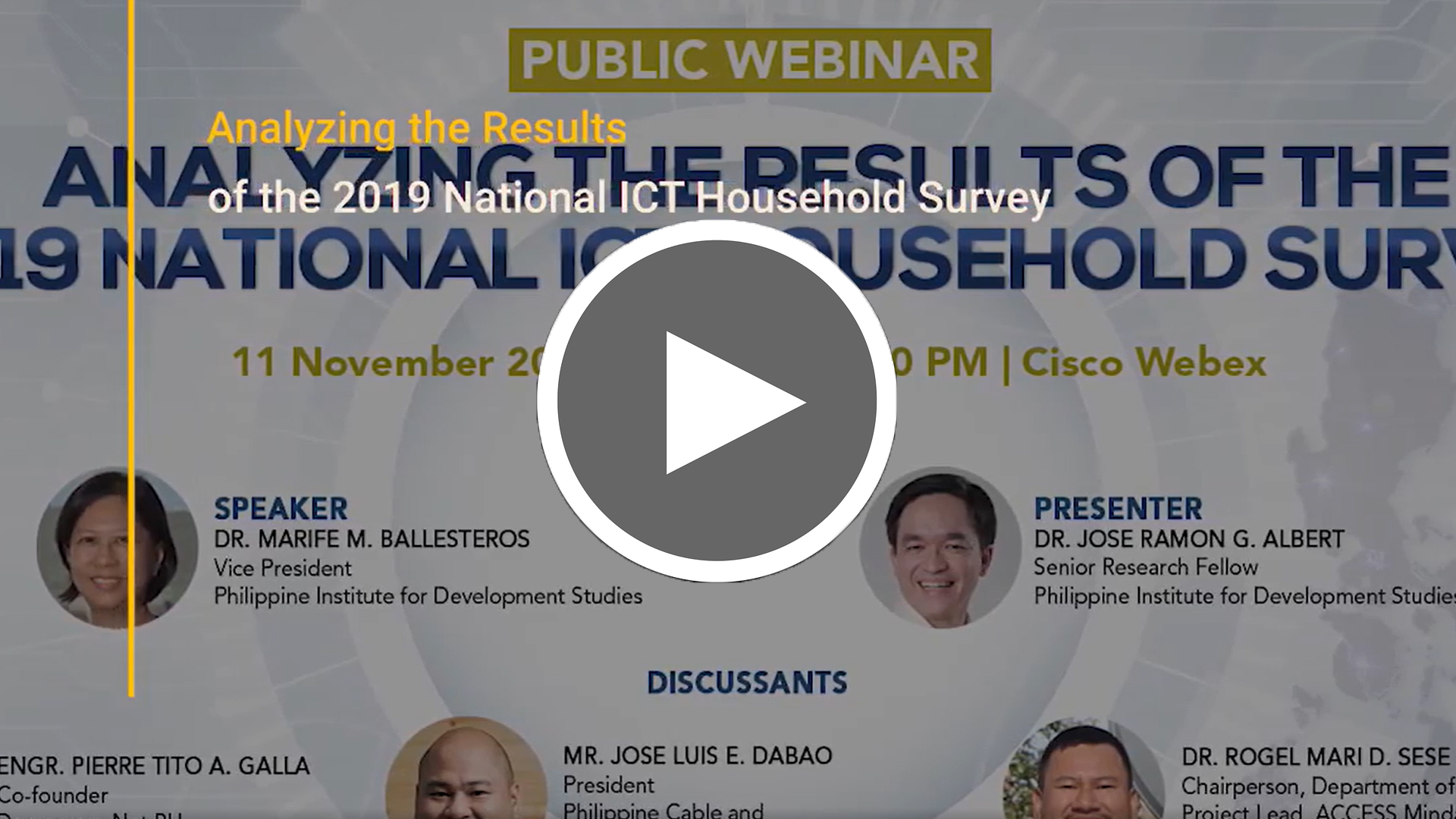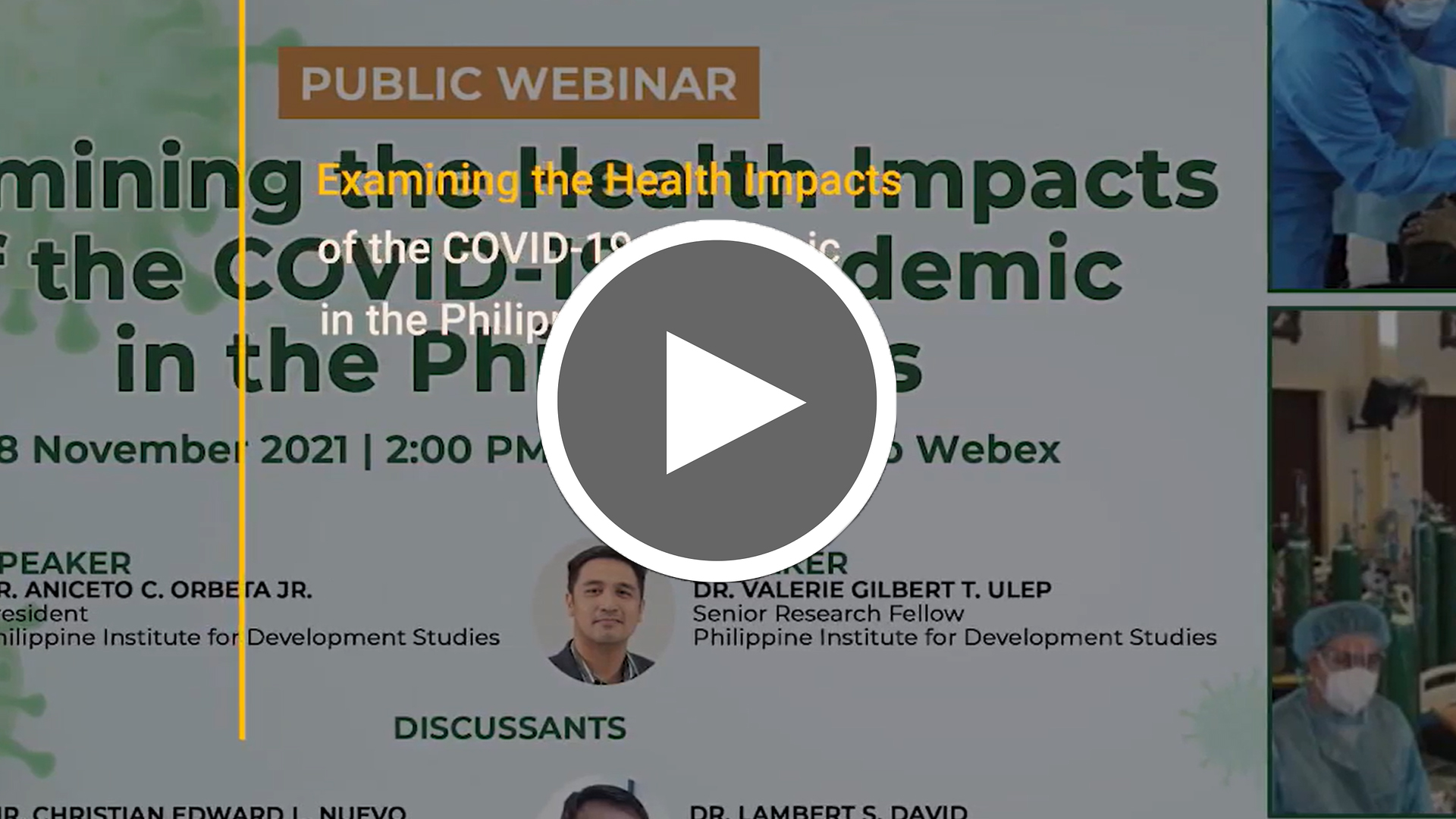Having trouble reading this email? View it in your browser. |
||||
 |
||||
|
||||
ECONOMIC POLICY MONITOR
This issue of the Economic Policy Monitor (EPM) focuses on resetting and rebuilding from the COVID-19 pandemic to create a better Philippines in the post-pandemic world. It discusses possible actions to foster a better post-pandemic environment, such as resetting capitalism, making businesses more ethical through stakeholder capitalism, pursuing green and inclusive recovery, and maintaining a robust and healthy workforce. It also assesses the country’s macroeconomic performance in 2020, when the COVID-19 was declared a pandemic, and examines its prospects in 2021 and 2022 against the evolving global and domestic backdrop. Further, this EPM provides policy updates on poverty reduction and social protection; gender; health; education; labor and employment; housing; agriculture; environment and natural resources; trade and industry; services; science, technology, and innovation; infrastructure; energy; and fiscal policy. Click here to download the publication.
DISCUSSION PAPER SERIES
Understanding the direct and indirect health consequences of the COVID-19 pandemic is critical in designing a holistic public health response. This study has two objectives. First, we demonstrated the disruption of essential healthcare services using data from selected government facilities. Second, we estimated the productivity losses from direct and indirect health impacts of the pandemic. Validating our earlier study using health insurance claims, our findings showed a sharp decline in admissions and consultations in selected government facilities, particularly among the vulnerable population. Based on our estimates, the long-run costs from productivity losses from direct and indirect health impacts of the pandemic amount to PHP 2.3 trillion (at net present value). Indirect health impacts account for the majority of these costs. Click here to download the discussion paper.
|
December 9, 2021, 2:00PM-4:30PM
|
|||
The government should review the provision of the Pantawid Pamilyang Pilipino Program (4Ps) cash grants to make it more effective and responsive to the needs of its beneficiaries.
The primary role of government is to establish a policy environment that promotes 21st-century information and communications technology (ICT).
The government must create an enabling environment where telecommunications (telco) industry players could bridge the country’s digital divide.
The Bangko Sentral ng Pilipinas (BSP) supports the efforts of the Department of Social Welfare and Development (DSWD) to promote financial literacy and inclusion among the Pantawid Pamilyang Pilipino Program (4Ps) beneficiaries.
All businesses are “socially bound to always think of the welfare of the whole”.
Business firms have no moral responsibility to serve the interests of others. However, the individuals that comprise these institutions are morally committed to look after the interests of others.
Investing in human capital could improve the country’s labor productivity in the information technology and business process management (IT-BPM) sector.
New research suggests that there will be an increase in extreme poverty resulting from the COVID-19 pandemic. For Filipinos, one way to address this is through financial inclusion.
The National Commission on Indigenous Peoples (NCIP) has intensified its partnership with other government agencies and stakeholders to supplement its meager budget.
Governments need to focus on improving their investment environments to retain and attract foreign direct investments (FDIs) as the COVID-19 pandemic has created a lot of economic uncertainties that have delayed investment plans.
There is a need to revisit the implementation of Republic Act 8371 or the Indigenous Peoples Rights Act (IPRA) of 1997 to enhance service delivery to IPs.
Several mental stressors affect the workforce, especially during the pandemic, thus, the need to prioritize mental health.
The COVID-19 pandemic exacerbates socioeconomic challenges and underscores the need for better social protection schemes in the Asia-Pacific region.
The impacts of the COVID-19 pandemic reversed the country’s economic and labor sector gains in the past decade.
Countries need long-term and affordable climate finance in addressing climate change. |
||||
FACT FRIDAY
INFOBITS
Watch these videos and get a glimpse of the highlights of our webinars on "Assessing the Institutional Arrangements and the Implementation of Policies on Indigenous Peoples" held on October 21, “PIDS-BSP Webinar on Resilient Legs for Economic Recovery in the Post-Pandemic Era” held on October 27, "Evaluating the Pantawid Pamilyang Pilipino Program's Payment System" held on November 4, “Analyzing the Results of the 2019 National ICT Household Survey” held on November 11, and "Examining the Health Impacts of the COVID-19 Pandemic in the Philippines" held on November 18.
|
||||
Need help? Have feedback? Feel free to contact us. |
||||
